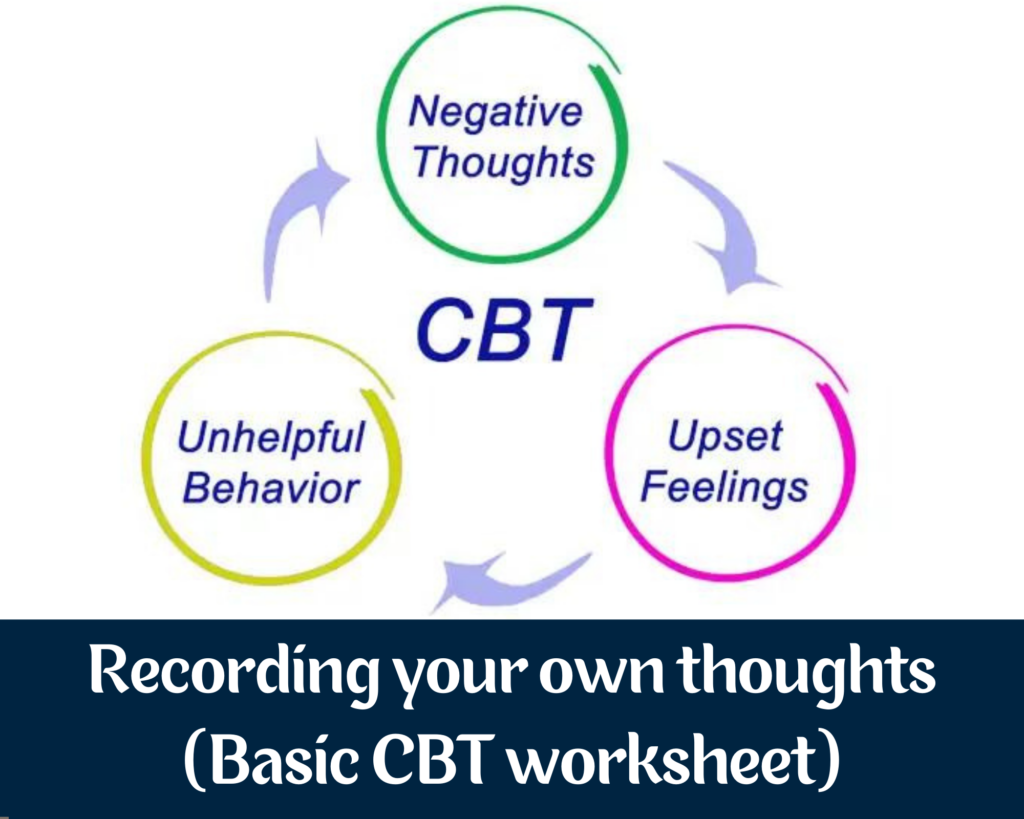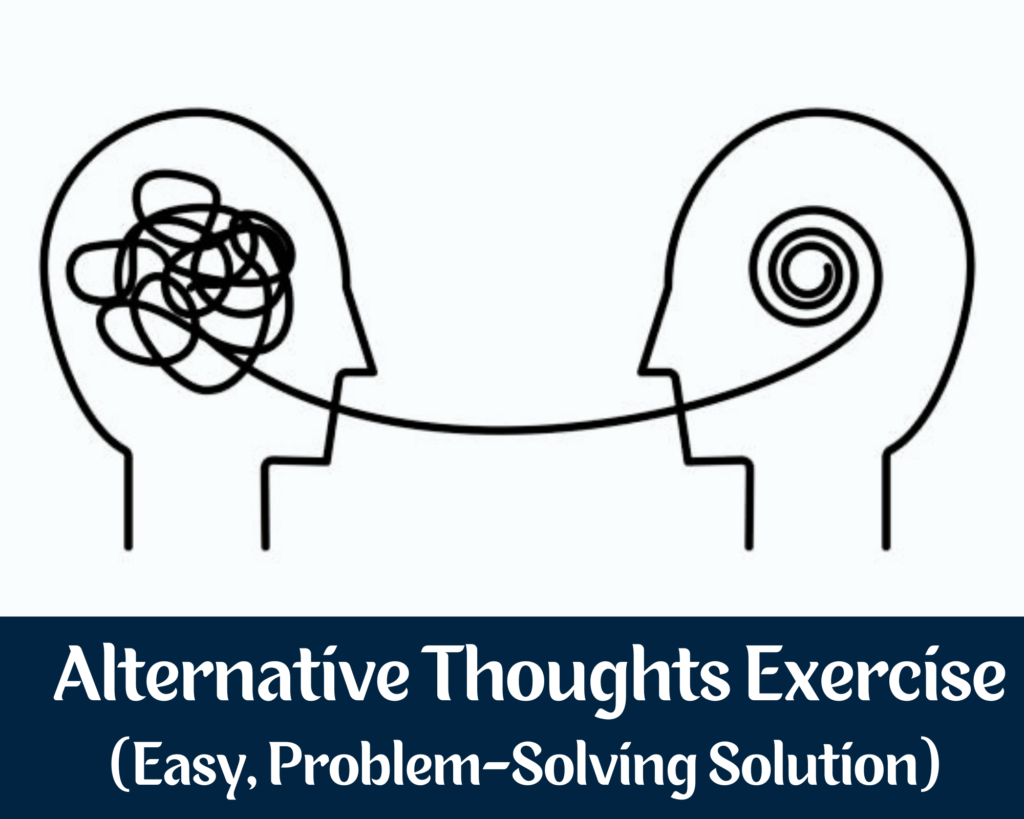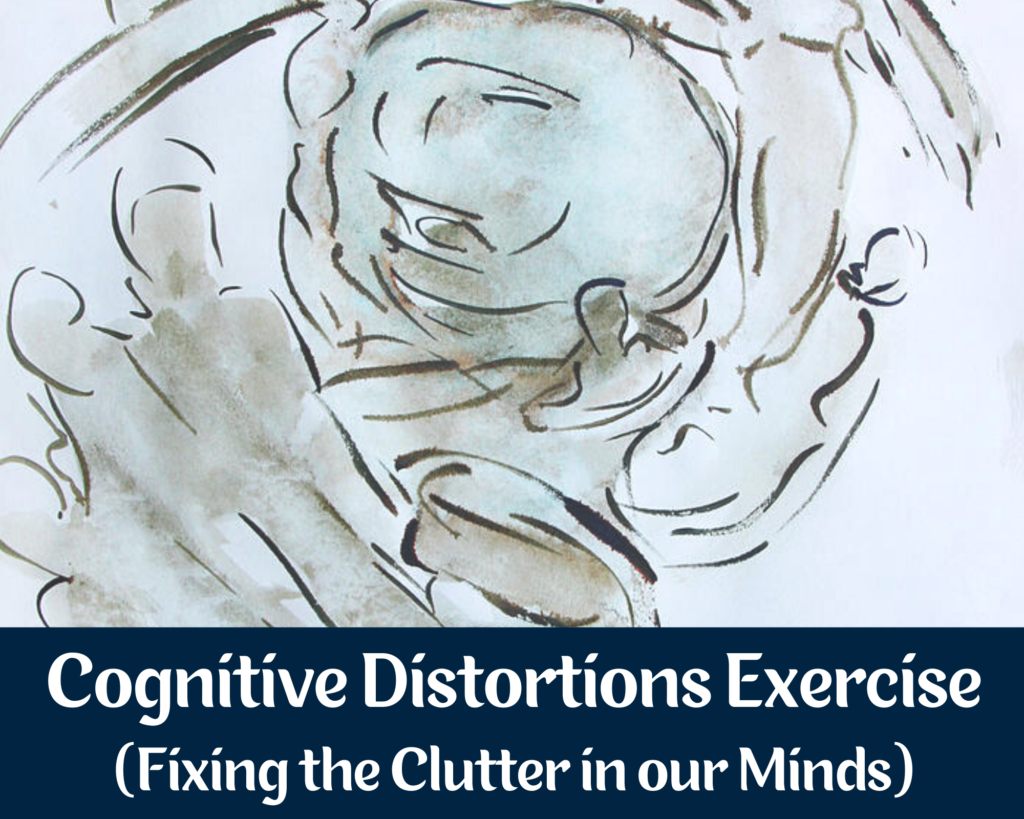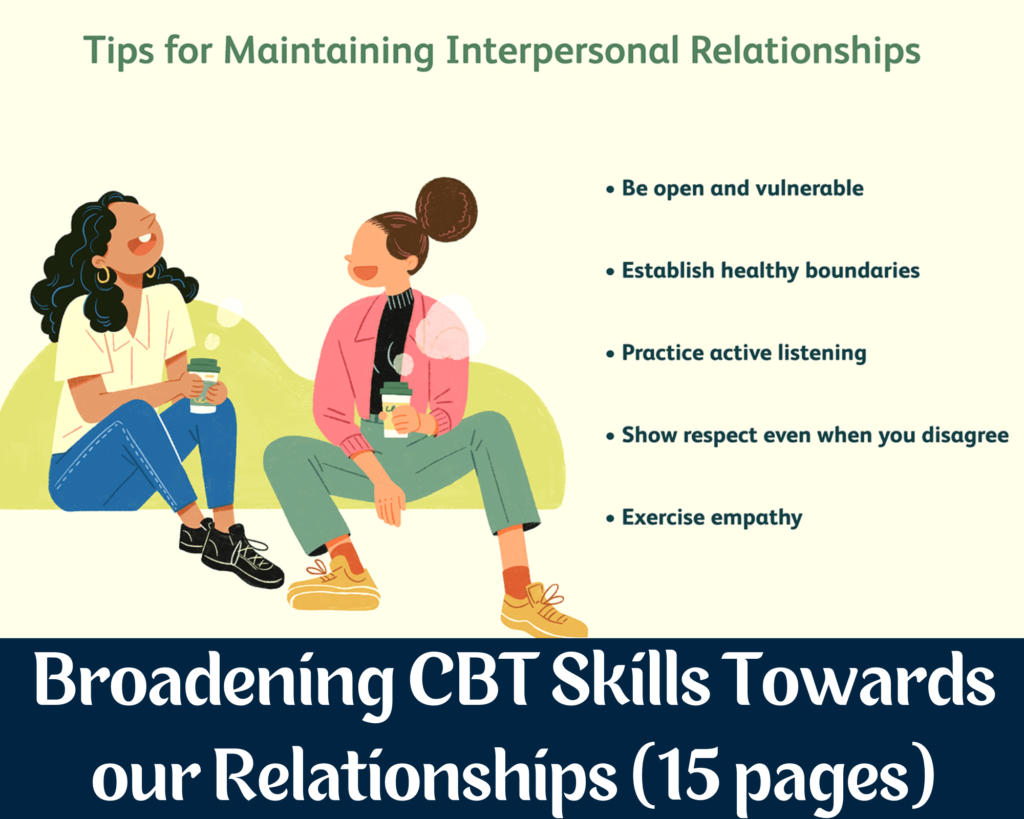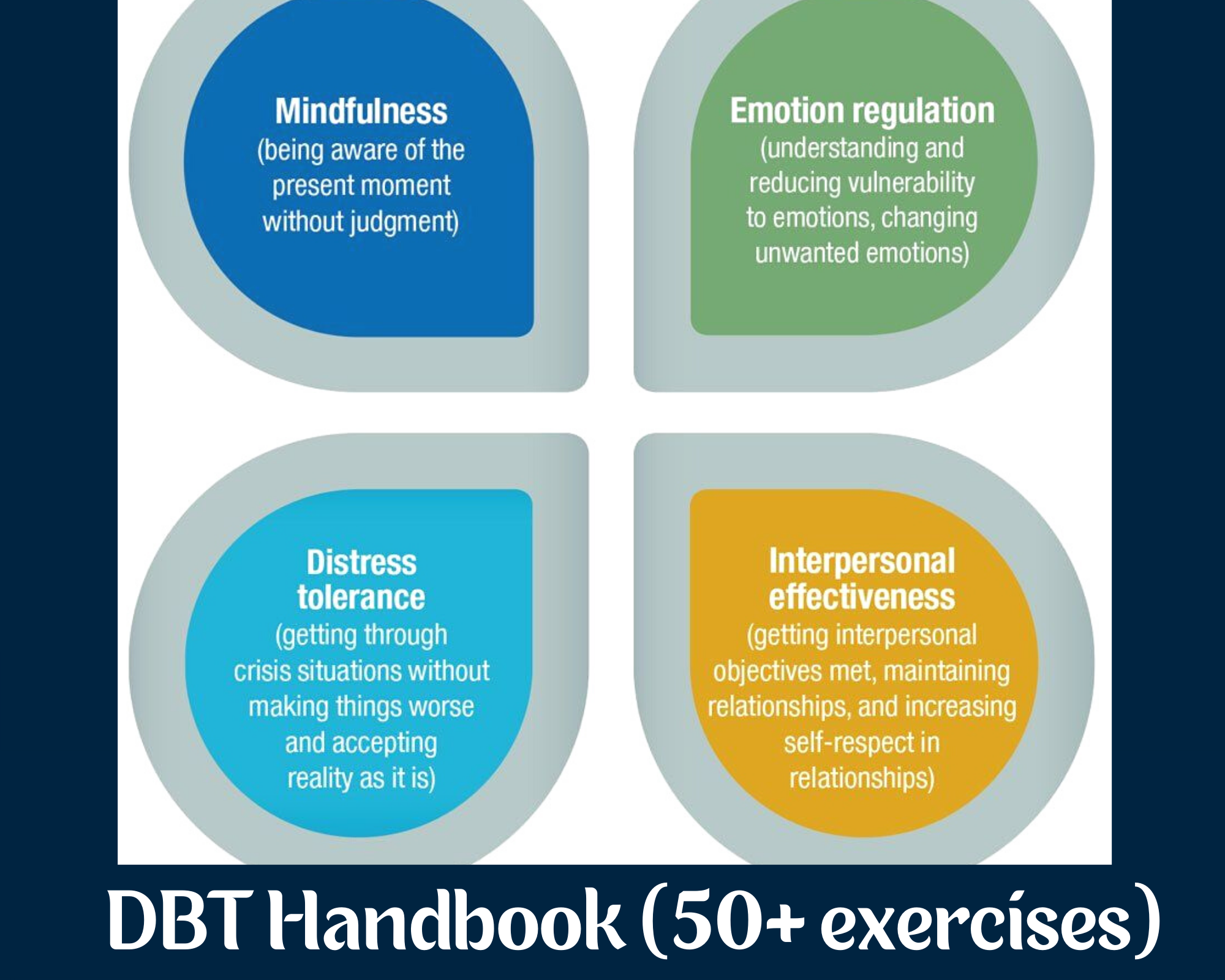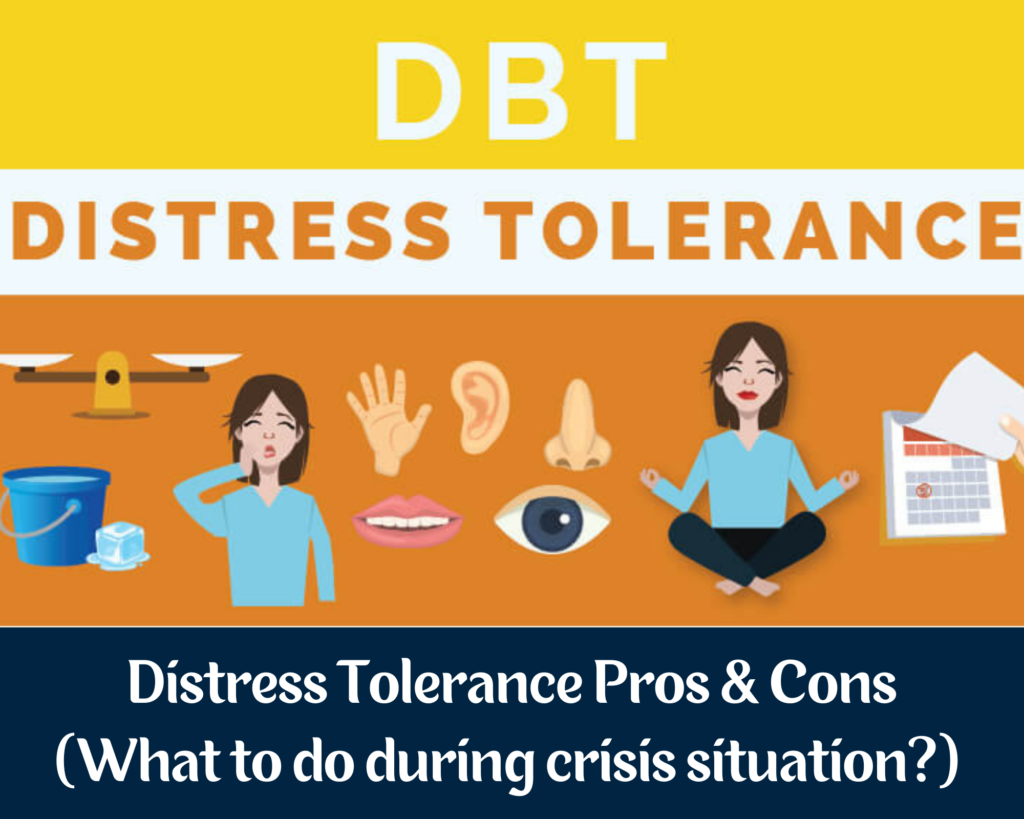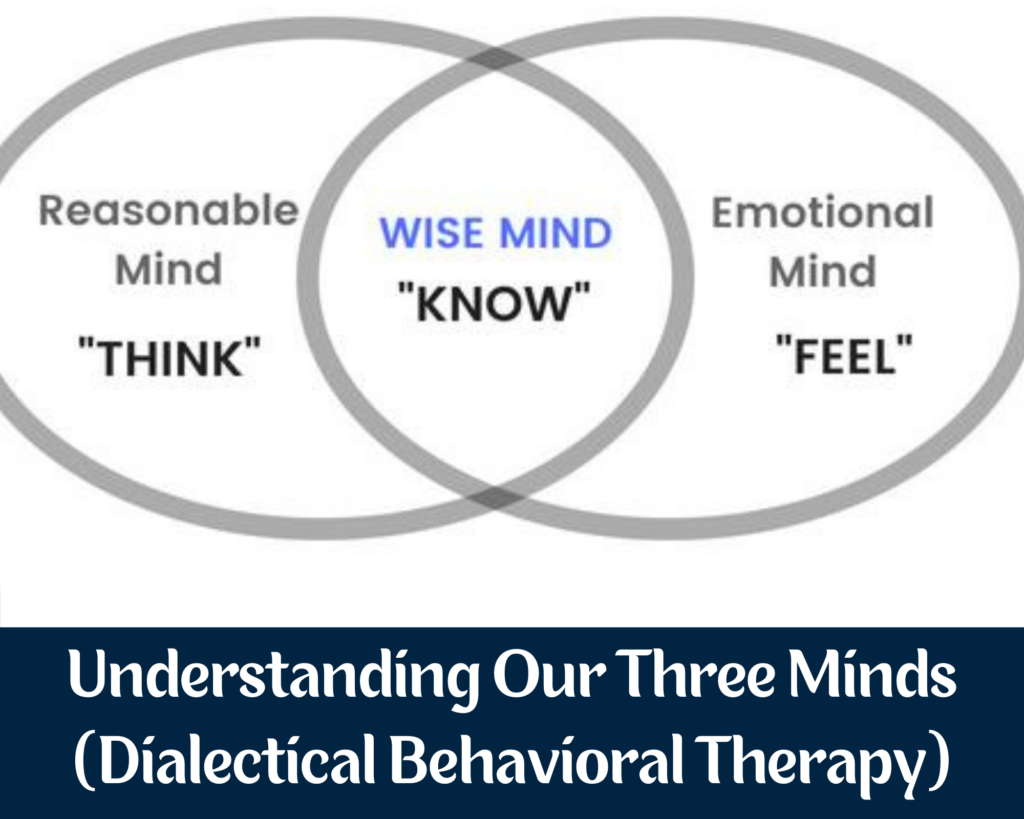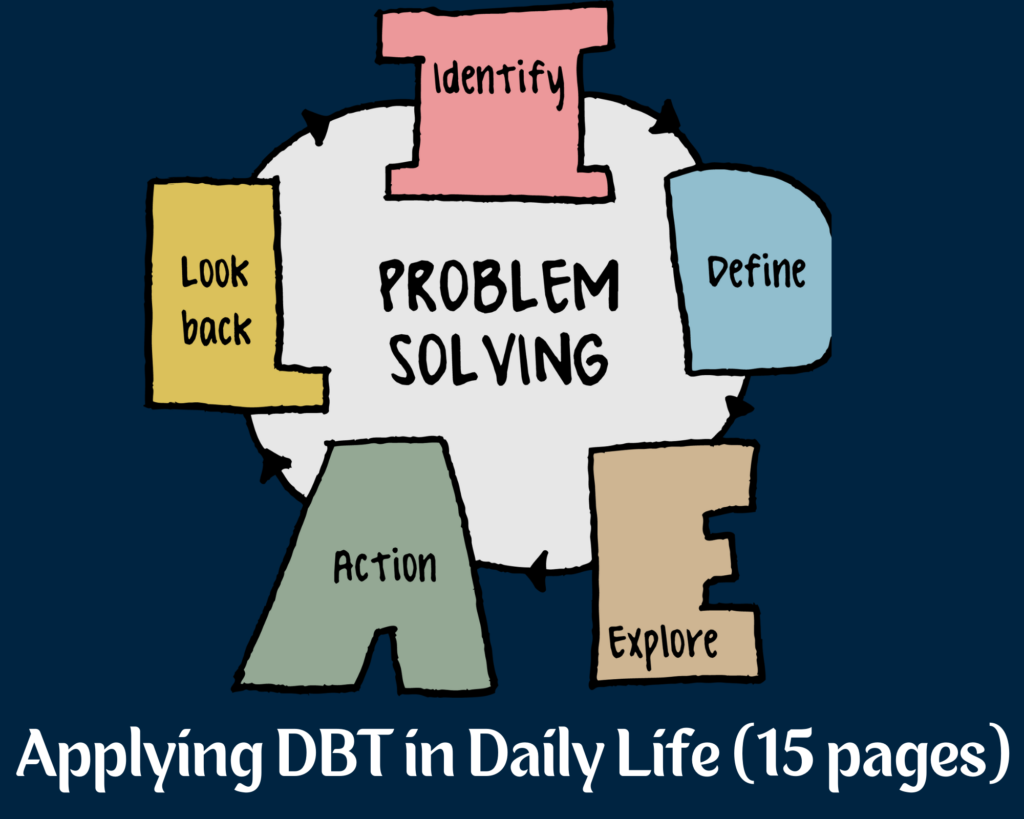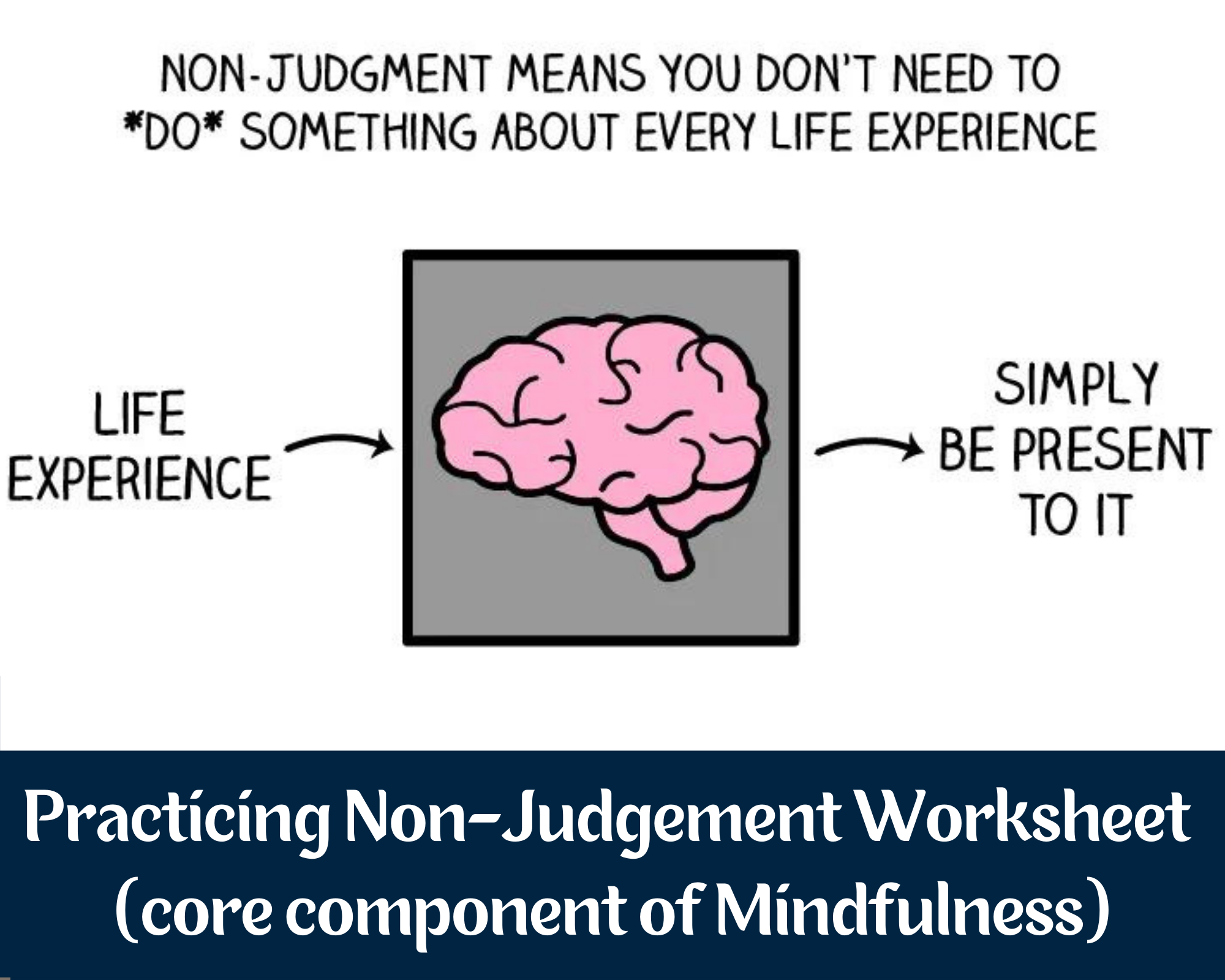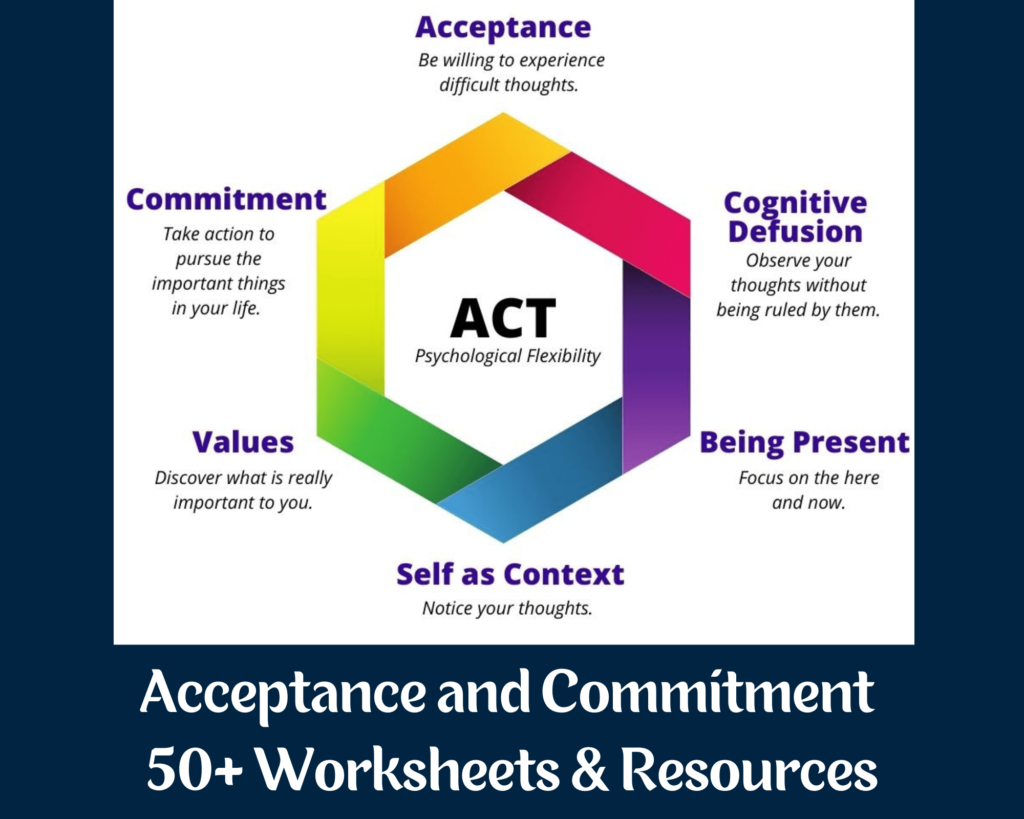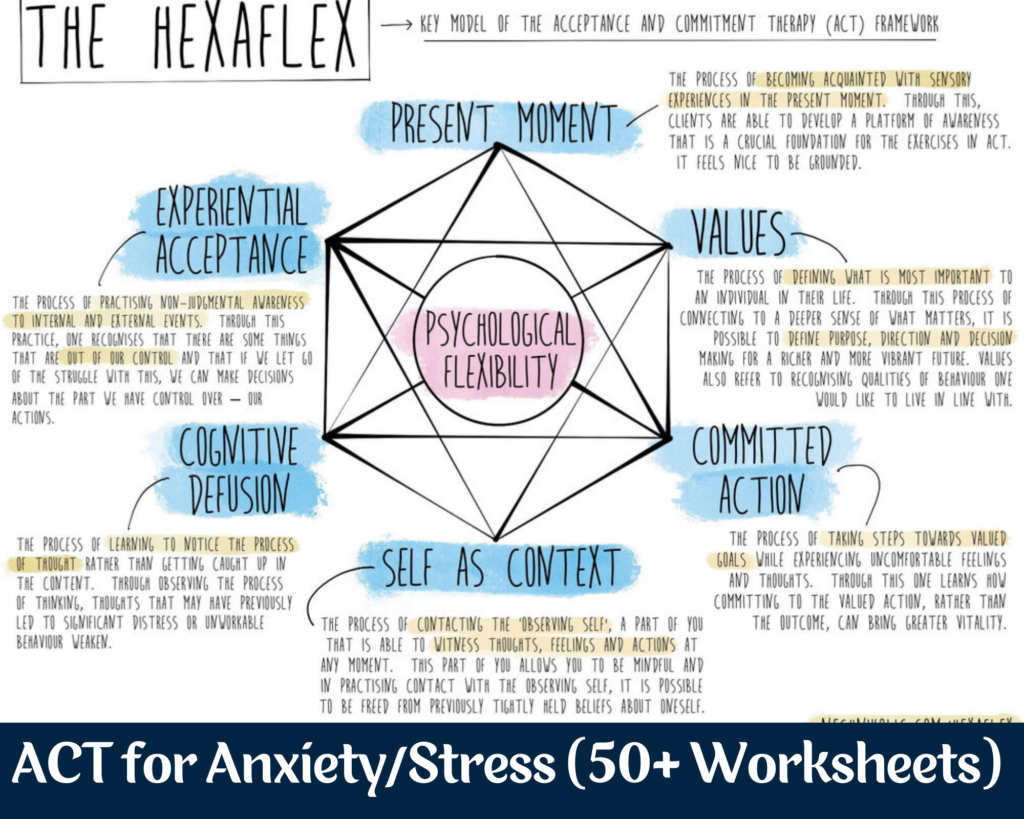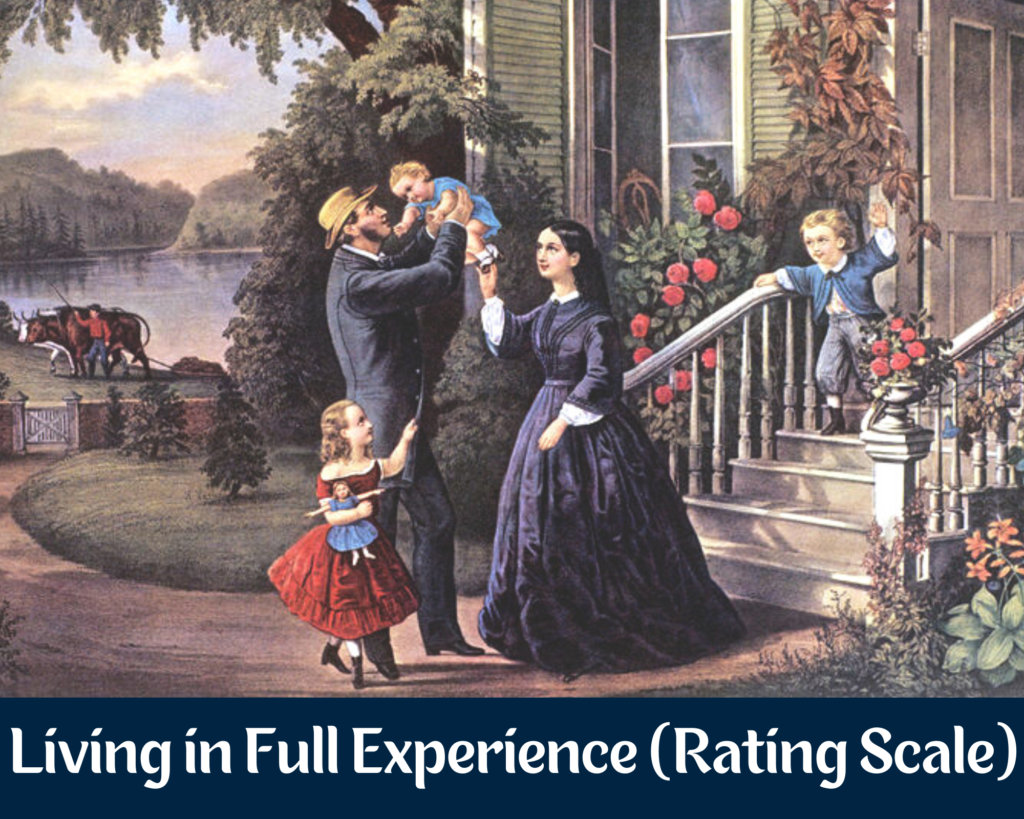Therapy (Healing)
We each are plagued by diseases; some occurring through no fault of our own and others the by-products of our own self-destructive tendencies. We suffer from anxiety, anger, apathy, acquiescence and these asphyxiations arbitrate themselves in the arranged assortments of our lives. Each one delicate and sensitive, built on a labyrinth of pre-arranged cognitions, behavioral patterns, environmental complexities, biological predispositions and existential predilections. What was once the task of a shaman, a spiritual healer, a priest or an Imam has now been levied to the ‘mental health professional.’
We seek ‘therapy’ to rid ourselves of these social, emotional and spiritual malaises. A therapist acts as a reflective tool in most instances, hoping that session-to-session through collaboration and trust and problem-solving, a firmer ground of introspection and self-awareness (cognitive) broadens the patients ability to act in reducing the burden and increasing prosocial adaptation (behavioral). A cognitive-behavioral model is at the core of most mental health interventions, although without any spiritual emphasis, it may lose efficacy by not including the main ingredients of a life worth living such as purpose, meaning, our values and the rituals we enact to broaden our sense of self and connect to others and the Transcendent.
Therefore, many 3rd wave therapies now include treatment-adaptation such as Religious-Integrated CBT (click here to learn more & download free Christian, Jewish, Muslim; Shia & Sunni, Hindu & Buddhist manuals).
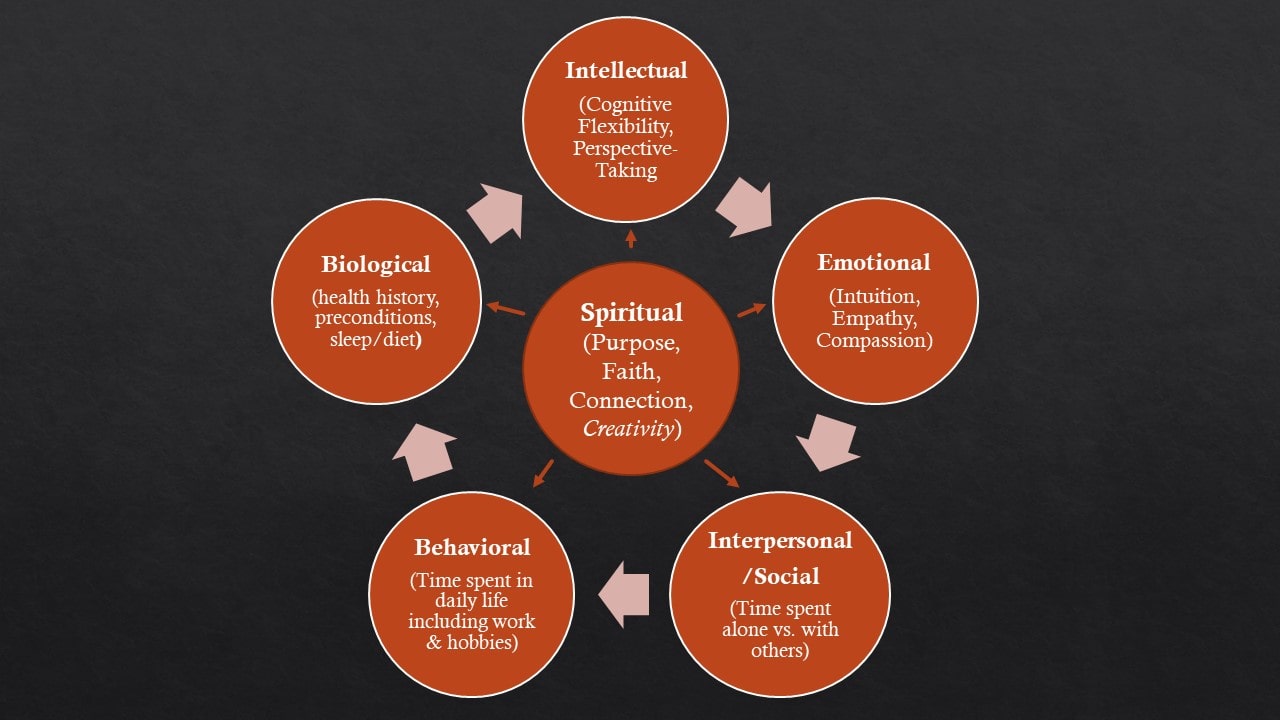
Above is a therapeutic model that I have created with resources provided below to provide some insight* (for a broader explanation of this model, visit the ‘What More can be Done?’ tab)
As Imam Ali (a.s) so eloquently stated “your remedy is within you but you do not sense it and your sickness is from you but you do not perceive it.”
I also like Nas who echoed a similar sentiment; ‘what you searching for? You are the question & the answer.’
(You can also visit the Existential tab to learn more, click here)
* Filling out a therapy worksheet online is NOT a substitute for evidence-based treatment by a clinician. For individuals suffering from chronic or persistent mental health issues, it is advised to contact a mental health professional.
CBT Therapy Worksheets
These are a collection of worksheets and resources that I have used in the 5 years I have practiced as a psychologist. These are usually a ‘jumping off’ point with the youth that I work with and the nature of our ‘therapy’ shifts here, there and everywhere.
CBT or Cognitive-Behavioral therapy is the most common therapeutic model and is built on a linear model of action; change your thoughts or beliefs and this will lead to behavioral activation (“I believe it is important to be healthy, therefore I will exercise 30 minutes daily“).
Click on each image to download worksheet.
DBT Therapy Worksheets
DBT or Dialectical Behavioral Therapy is another form of therapy which utilizes many of the same components of CBT with an emphasis on emotional management and mindfulness; it has been used extensively with mood and personality disorders. It is centered around four principles (as shown in the first image to the right):
mindfulness, emotional regulation, distress tolerance and striving for meaningful and effective relationships.
Click on each image to download worksheet.
ACT Therapy Worksheets
ACT or Acceptance and Commitment therapy is a 3rd wave therapeutic model which allows for more dynamic, collaborative interaction. It is built on two major foundations:
1) Accepting and embracing thoughts/feelings (especially the unwanted ones; achieved mainly through mindfulness and other spiritual exercises).
2) Action and commitment towards the life the individual wants to achieve (explored and built through finding one’s values, identity and sense of self).
Click on each image to download worksheet.

